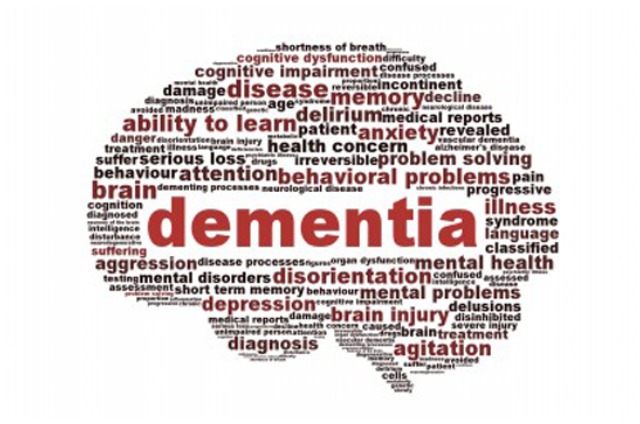 JUNE 3- A group of most commonly used drugs known as non-steroidal anti-inflammatory drugs (NSAIDs) can increase long-term users’ heart-attack risk by more than a third, a study has shown.
JUNE 3- A group of most commonly used drugs known as non-steroidal anti-inflammatory drugs (NSAIDs) can increase long-term users’ heart-attack risk by more than a third, a study has shown.
In the study, the researchers analysed 639 random drug trials and assembled information on more than 350,000 patients, and found that for every 1,000 arthritis sufferers, the rate of people who suffered a “major vascular event” like heart attack, stroke or death increased from 8 per 1,000 to 11 per 1,000 with long-term, high-dose use of common NSAIDs, the Independent reported.
These drugs have also been linked to illnesses like stomach ulcers.
A new generation of NSAID painkillers known as coxibs were introduced, which had a lesser risk of stomach pains, but they were widely linked to an increase in heart attacks, leading to public concern and withdrawal of the popular drug Vioxx from shelves in 2004.
The study’s authors believe that high-dose treatments with older NSAIDs could be as big a risk factor for heart attacks like Vioxx.
They said that all NSAIDs double the risk of heart-failure and produce a two- to four-times increased risk of gastrointestinal complications.
The study has been published in The Lancet medical journal.










